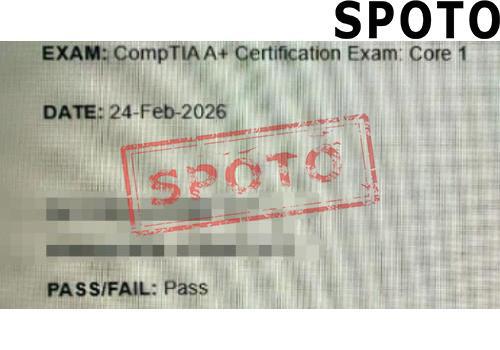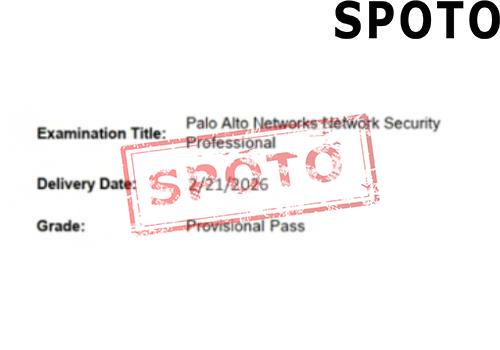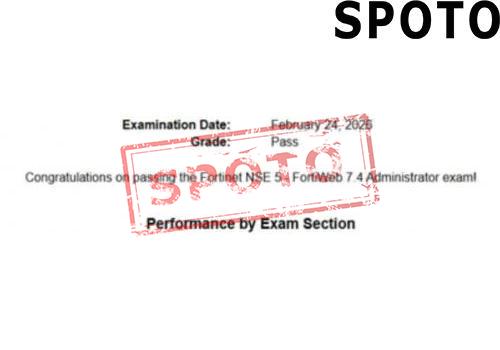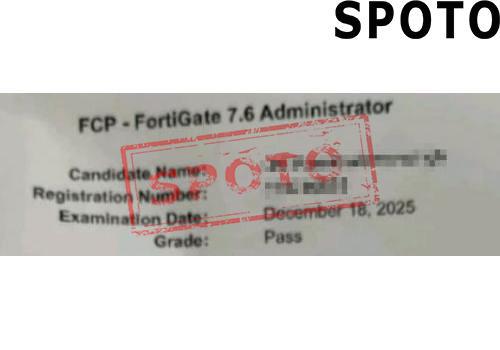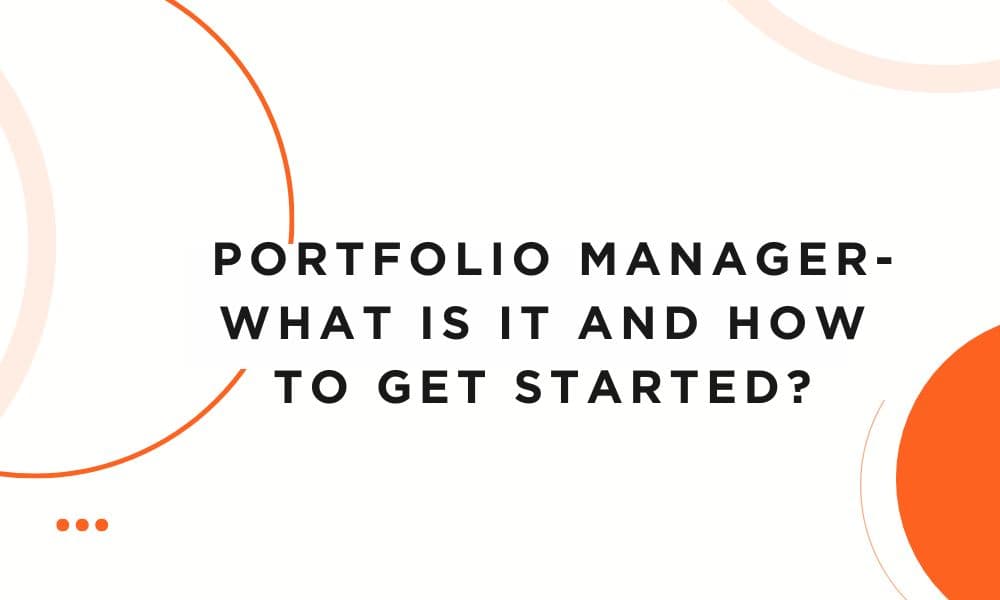
Table of Contents
A portfolio manager is a person working in the financial field who develops different investment portfolios by evaluating the returns and risks of various financial products and selects the best combination among these investment portfolios in order to create profits or avoid risks for enterprises or organizations.This article will introduce you to what a Portfolio Manager is, the career information and prospects of a Portfolio Manager and the necessary conditions to become a Portfolio Manager.
1. What is a Portfolio Manager?
A portfolio manager is a person working in the financial field who develops different investment portfolios by evaluating the returns and risks of various financial products and selects the best combination among these investment portfolios in order to create profits or avoid risks for enterprises or organizations.
2. What does a Portfolio Manager do?
Portfolio managers are responsible for managing and evaluating a range of investments, such as stocks, bonds, mutual funds and other securities, and making decisions based on this to maximize returns and minimize risks. At the same time, due to the constant changes in the financial market, they need to track the performance of the portfolio in a timely and regular manner, and adjust the original portfolio as needed to avoid market risks. Specifically, their work content is as follows: 1. Research and select stocks, bonds, mutual funds and other investment products. Develop and implement investment strategies to achieve goals. 2. Monitor and analyze market trends and developments. Monitor and evaluate performance and adjust investments as needed. 3. Monitor and report portfolio performance. Analyze financial statements and reports to find new investment opportunities. 4. Manage client portfolios, including asset allocation, risk management and portfolio rebalancing. 5. Provide financial advice and guidance to customers. 6. Keep abreast of the latest financial regulations and laws. And establish good relationships with other financial professionals.
3. Career Insights: Salary, Outlook & Related Roles
(1) Portfolio Manager Salary
According to ZipRecruiter as of May 28, 2026, the average annual salary for a portfolio manager in Los Angeles is $108,245. That works out to about $52.04 per hour. That works out to $2,081 per week or $9,020 per month. Salaries range from as high as $202,033 to as low as $39,868, but most portfolio manager salaries currently range from $70,600 to $140,100, with the top earners making $165,397 per year in Los Angeles. The average salary range for a portfolio manager varies greatly (as much as $69,500), which suggests there may be many opportunities for advancement and increased pay based on skill level, location, and years of experience.
(2) Job Outlook of Portfolio Manager
According to data from the raise.me website, the projected percentage change in employment from 2016 to 2026 is 11% (higher than the average growth rate of 7%). According to the U.S. Bureau of Labor Statistics, the employment of portfolio managers is expected to grow by 5% from 2019 to 2029, which is higher than the average for all occupations. Overall, the demand for portfolio managers is expected to remain strong.
(3) Similar Occupations
- Financial Manager
- Asset Manager
- Wealth Advisor
- Investment Manager
- Financial Analyst
- Investment Banker
- Actuary
- Economist
- Project Manager
- Program Manager
- Property Manager
4. What Are the Qualifications to Become a Portfolio Manager?
(1) Obtain a Bachelor's Degree
When hiring portfolio managers, employers often require job seekers to have a bachelor's degree in a related field, such as finance, economics, business administration, accounting, or mathematics/statistics. At the same time, a higher level of education can provide a certain degree of workplace competitiveness.
(2) Develop professional skills
According to Indeed's official website's summary of portfolio manager skills, an excellent portfolio manager must have excellent data and text analysis and investment decision-making capabilities, and be able to comprehensively evaluate market trends, risks and returns; in addition, they must have financial knowledge and mathematical skills to be able to interpret complex financial data and formulate investment strategies accordingly. Furthermore, good communication skills are equally important in order to clearly convey investment advice and results to clients or team members; finally, project management capabilities are also one of the core skills to help efficiently manage multiple asset portfolios and achieve client goals.
(3) Earn Industry Certifications
Obtaining a certification that is highly recognized by the industry can prove your professional ability and ability to perform the position, and can also enhance your competitiveness in the workplace. Therefore, we recommend that you obtain the PMI - PMP.The PMP certification is the industry standard for project management professionals. The PMP curriculum covers the latest best practices defined in the sixth edition of the PMBOK Guide and is aligned with the latest PMP exam content outline 2026. It also covers emerging trends, custom considerations, and core competencies required of project management professionals. PMP training assesses the competency of practitioners and identifies the importance, criticality, and frequency of each knowledge, task, and skill required to meet industry standards as a project manager.





